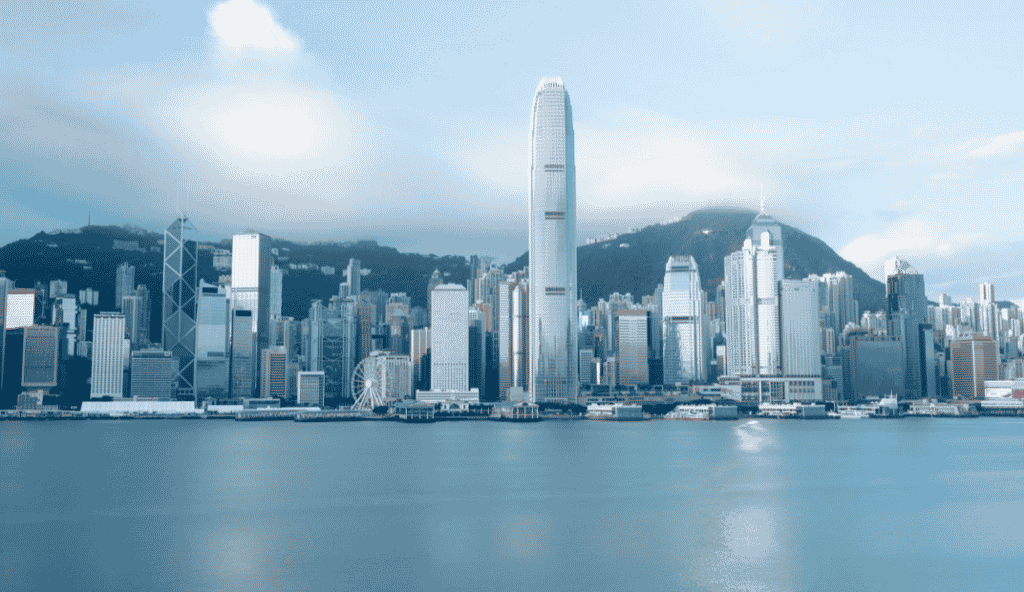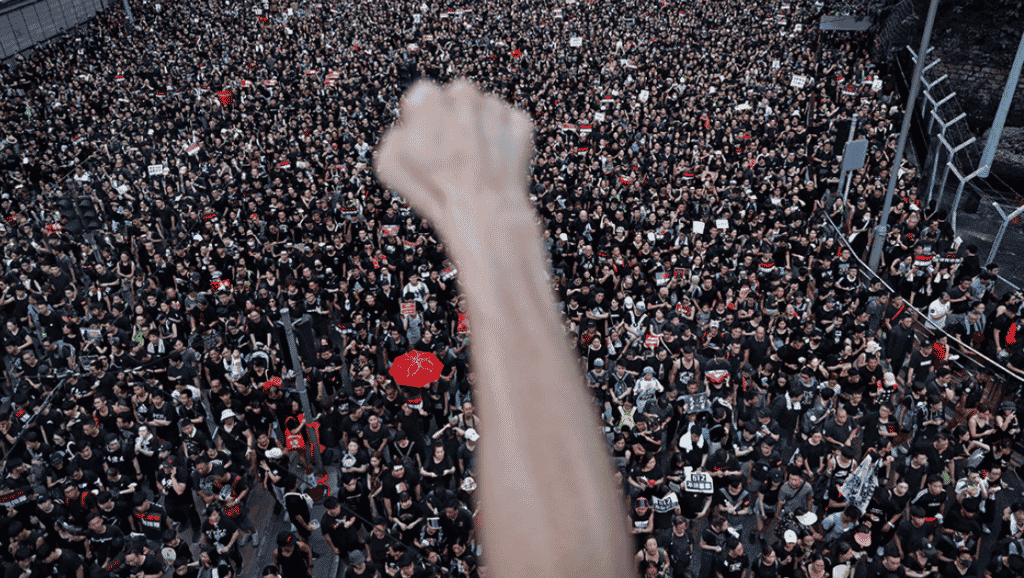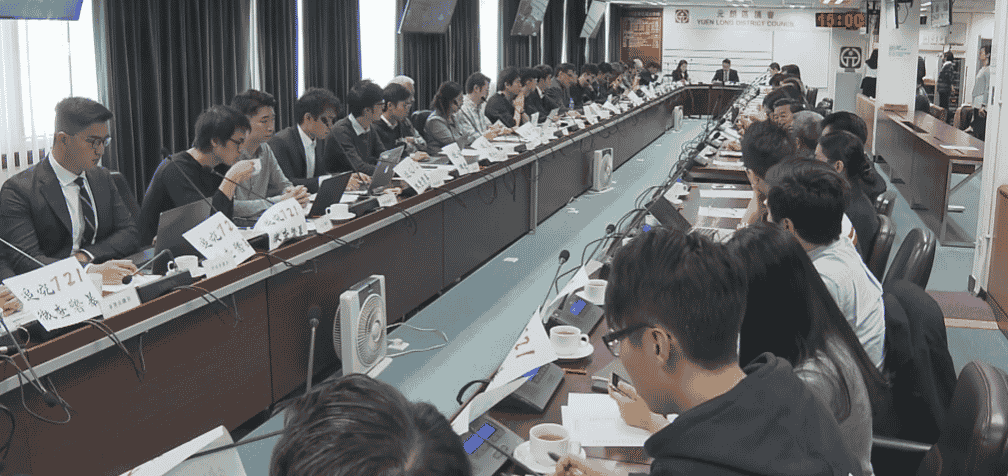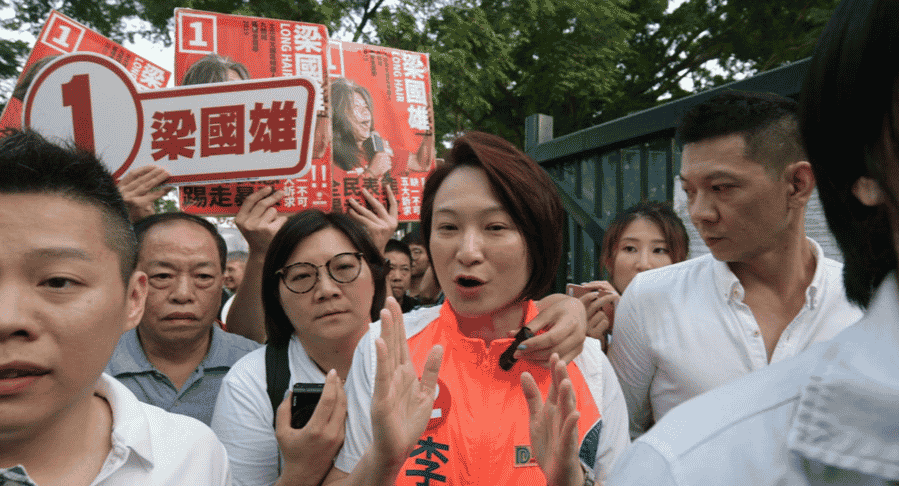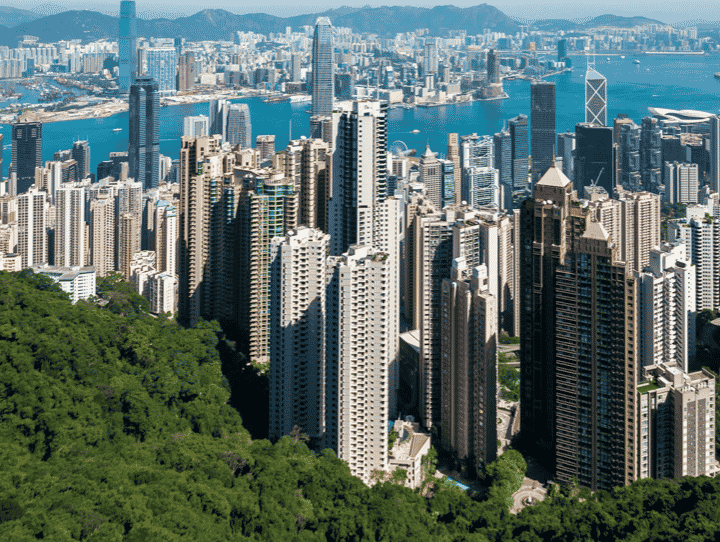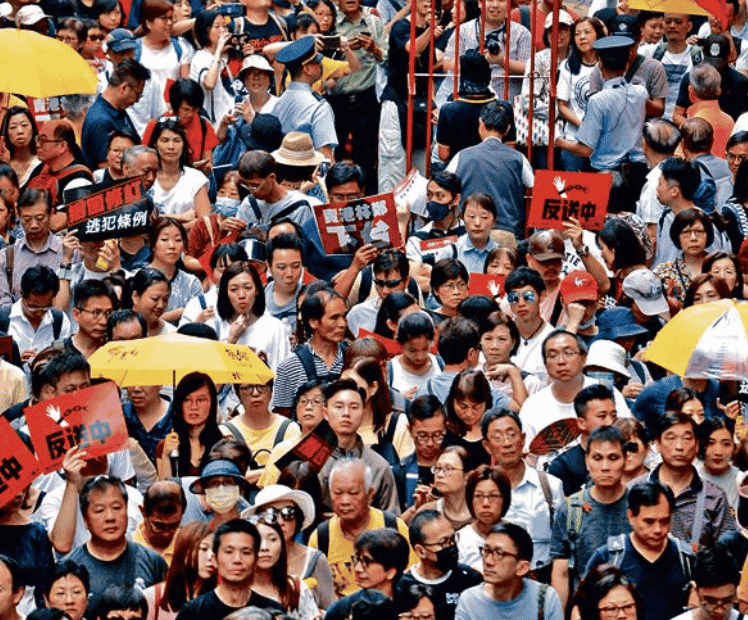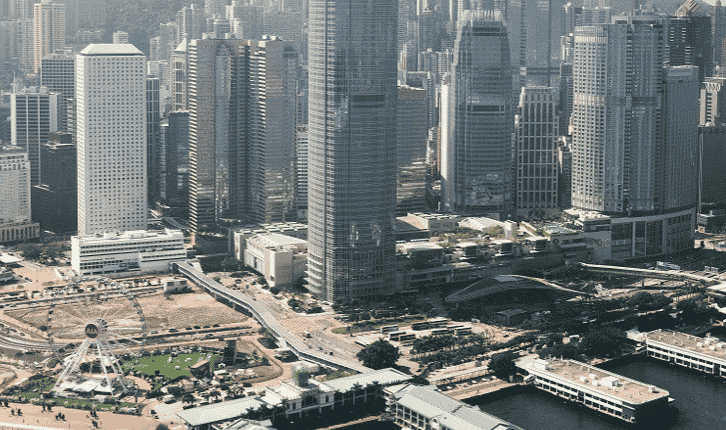The antidote to political failure
The epidemic hit Hong Kong and chaos arose. Citizens are frantically grabbing masks, food, and daily necessities, and the panic of the masses reflects the gap in public safety. The medical strike and material shortages have severely hampered public services. The storm over the proposed amendments has drained public confidence, and the government has requisitioned quarantine centers and isolation camps. Low acceptance cannot overcome the resistance of the NIMBY effect. Comments pointed out that Hong Kong is showing signs of a "failed state", which looks like Russia under the ruble crisis or Venezuela with its economic collapse.
The antidote to political failure Read More »
